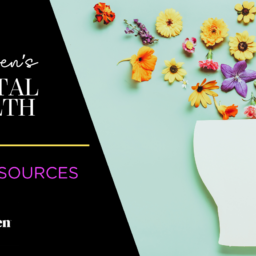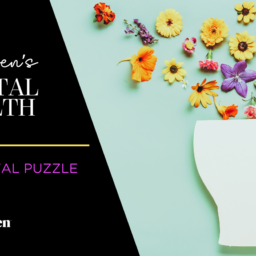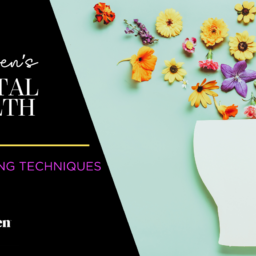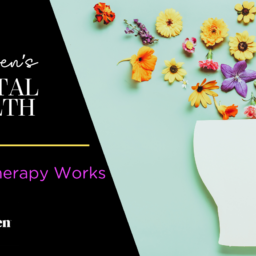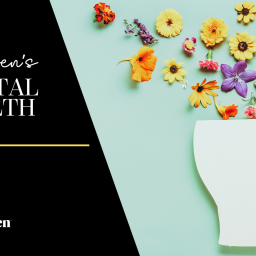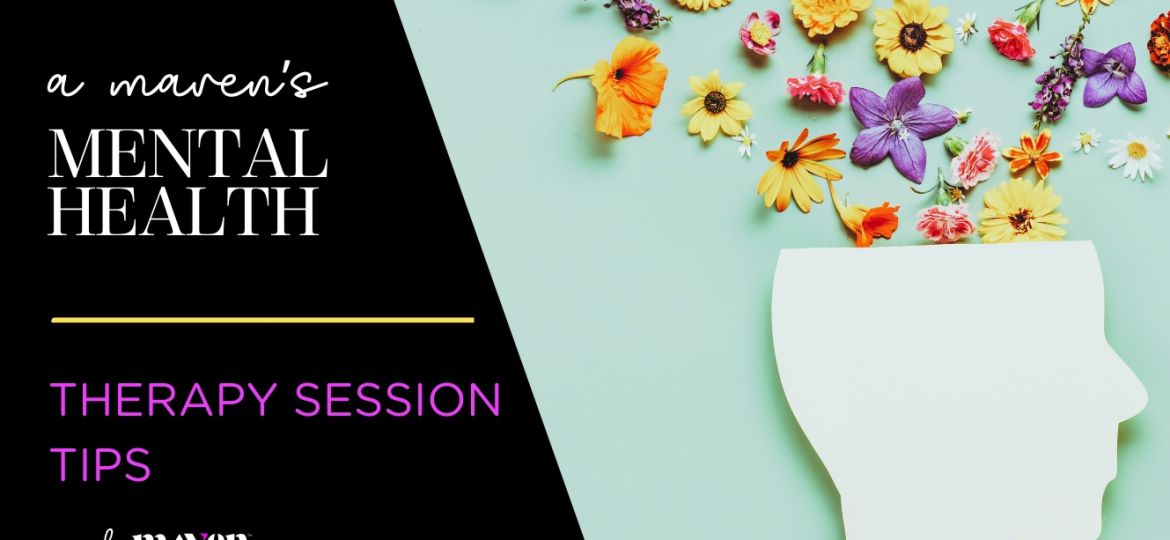
 Welcome to Indy Maven’s Mental Health column coming by way of Adair McDonald, LMHC (she/her/hers). Check out her website for information about how Adair works with clients, and to contact her directly to book a session.
Welcome to Indy Maven’s Mental Health column coming by way of Adair McDonald, LMHC (she/her/hers). Check out her website for information about how Adair works with clients, and to contact her directly to book a session.
So you’ve found a therapist you think can help you. You’ve established a solid therapeutic relationship, identified areas for improvement, and trust that you’re on the right track. Now, you’re ready to make the most of those valuable 45-60 minute sessions to foster positive changes in yourself and your life. Whether you’ve been in therapy for years or have just started, here are some tips that I’ve found can expedite therapeutic progress:
1. **Be Honest (but you don’t have to disclose everything)**
The issue of honesty in therapy is nuanced. Often, individuals aren’t completely honest with themselves, or there are aspects they’re not prepared to confront. However, if there’s something important but difficult to share, don’t hold back. It’s the therapist’s role to navigate through shame, anger, fear, or unresolved conflicts. They’re equipped to handle it with you. Nevertheless, therapy isn’t a deposition or a confessional booth. If something isn’t weighing heavily on you or if there are more pressing issues to address, feel free to omit it. For example, I recently saw my therapist on the anniversary of a dear friend’s death. Having already processed my emotions earlier that day, we focused our session on more immediate concerns, such as recent thoughts and feelings about group work.
 2. **Take Risks**
2. **Take Risks**
In addition to being honest, engaging in activities and techniques that feel uncomfortable can facilitate growth. Therapists have various tools to employ, from simple exercises like focusing on body sensations while speaking, to more elaborate techniques like chair work. Embrace the discomfort and consider why you hesitate before dismissing a suggestion. For instance, talking to an empty chair might feel like performance anxiety. Exploring this fear with your therapist could enhance your confidence to take risks in other aspects of life.
3. **Remember: You Are Ultimately In Charge**
While therapists offer guidance, remember that you’re the one steering the ship. If a therapist’s approach feels ineffective or if you’re stuck in therapy, communicate your concerns. Constructive feedback enables collaboration on new strategies or a temporary break from therapy to focus on self-care. Don’t hesitate to request additional resources for personal development between sessions. Therapists appreciate motivated clients and value input to deepen the therapeutic process.
 4. **Pay Attention to Your Body**
4. **Pay Attention to Your Body**
Emotions manifest in the body, making it essential to tune into physical sensations during therapy. While verbal communication is crucial, incorporating body-focused practices can aid in releasing trauma and stress. Consider implementing grounding or relaxation techniques during sessions, or scheduling body-centered activities like yoga before or after therapy to enhance your therapeutic experience.
5. **Take a Moment Before Re-entering “Real Life”**
After therapy, resist the urge to immediately dive back into daily tasks. Allow yourself time to integrate the session’s insights. Whether it’s taking a brief walk, journaling, practicing deep breathing, or engaging in a calming activity, honor the work done in therapy by attending to your personal needs before returning to routine activities.
 **Bonus: Prepare Between Sessions**
**Bonus: Prepare Between Sessions**
Consider jotting down thoughts or topics you’d like to discuss in therapy between sessions. This ensures that important points aren’t forgotten when the session begins. While not essential for everyone, maintaining a note in your phone or journal can help maintain continuity in therapy discussions.
These tips, along with the bonus suggestion, are just a few strategies to enhance your therapeutic journey. Stay tuned for more tips and ideas in future articles. If you have suggestions to share, please email me at adair@adairmcdonald.com. Take care of yourself!
Adair McDonald, LMHC (she/her/hers) can help with healing trauma, anxiety and panic, pregnancy and postpartum emotions, relationships, adult ADHD, and getting unstuck, among other things. You can book a session with her directly at adairmcdonald.com. Disclaimer: Adair is not a prescriber and this isn’t medical advice.
All of our content—including this article—is completely free. However, we’d love if you would please consider supporting our journalism with an Indy Maven membership.



















